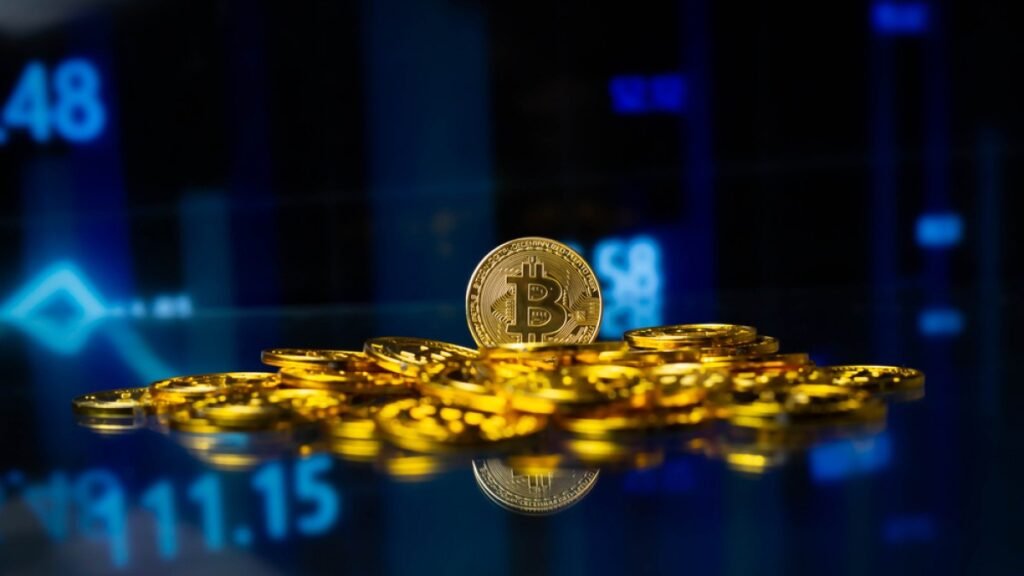
Bitcoin dipped but held above the US$30,000 threshold on Monday morning in Asia, with nearly all other top 10 non-stablecoin cryptocurrencies rising. The gains follow a number of traditional financial institutions showing interest in launching crypto-related exchange-traded funds (ETFs), and the U.S. securities regulator approved the first leveraged Bitcoin futures ETFs in the country on Friday. In the NFT market, a whale has been selling off Bored Ape Yacht Clubs.
Bitcoin edged down 0.35% to US$30,444 over the last 24 hours to 7:30 a.m. in Hong Kong, according to data from CoinMarketCap. The world’s largest cryptocurrency by market capitalization rose 15.44% in the past seven days. Ether gained 1.18% to US$1,898, with a 10.32% weekly gain. Polkadot led gains among the top 10 non-stablecoin cryptocurrencies with a 3.28% 24-hour rise to post a weekly gain of 14.28%. Beside Bitcoin, Litecoin was the only token on the list edging lower, dropping 1.48% over the past 24 hours but up 14.24% for the week.
On Friday, the U.S. Securities and Exchange Commission (SEC) approved the nation’s first leveraged Bitcoin futures ETF offered by Florida-based Volatility Shares, CoinDesk reported. The “2x Bitcoin Strategy ETF” is set to start trading on June 27 on CBOE BZX Exchange, according to the fund’s website. The ETF will not invest directly in Bitcoin but seek to benefit from increases in the price of Bitcoin futures contracts for a single day, according to its prospectus. The fund will correspond to two times the return of the S&P CME Bitcoin Futures Daily Roll index.
This comes after BlackRock and WisdomTree recently filed applications with the SEC to launch spot Bitcoin ETFs. The regulator has given a greenlight to a number of futures-based crypto ETFs but has not approved spot products.
Additionally, New York-headquartered investment bank JPMorgan Chase & Co. launched euro-denominated transactions on its blockchain-based payment system, JPM Coin, Bloomberg reported on Friday.
JPM Coin allows clients to transfer euros or dollars held with their JPMorgan accounts immediately and at any time of the day, unlike traditional banking transactions that usually operate during business hours.
I don’t think the title of your article matches the content lol. Just kidding, mainly because I had some doubts after reading the article.
Thanks for sharing. I read many of your blog posts, cool, your blog is very good.
Thanks for sharing. I read many of your blog posts, cool, your blog is very good.